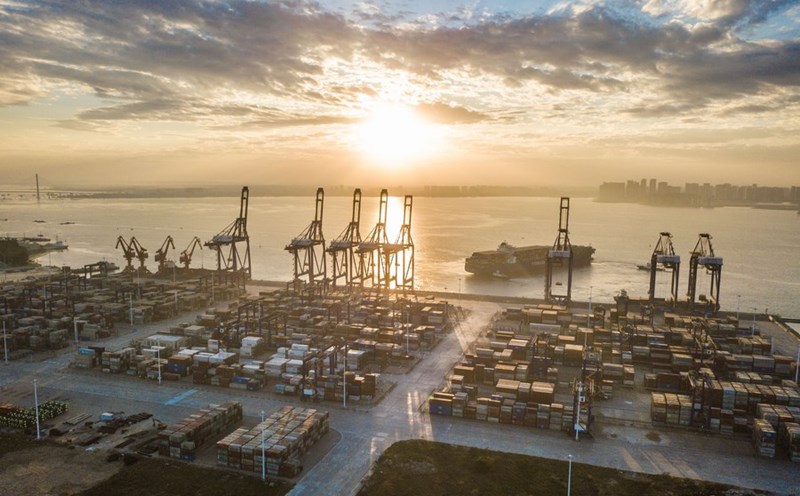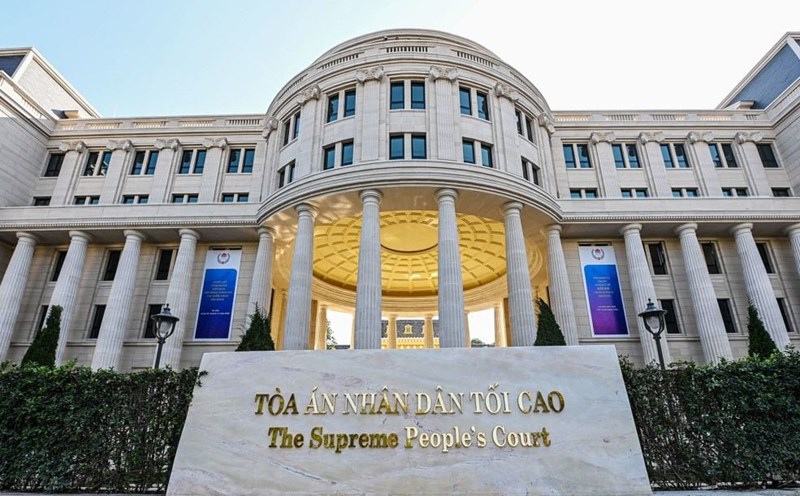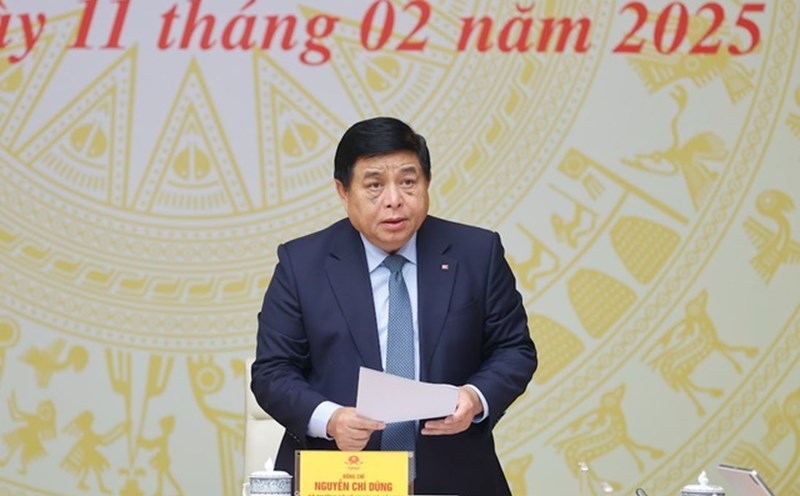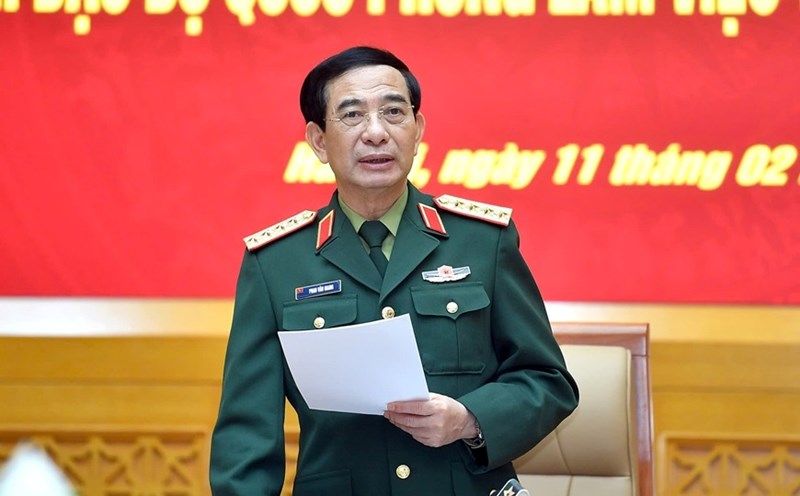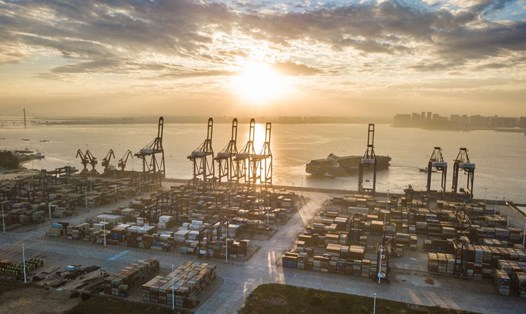From 0h1 on 10.2 in Beijing time, China officially taxed 10-15% for liquefied natural gas (LNG), coal, crude oil and agricultural equipment from the US. China has also opened an investigation to Google, applying export control measures for rare metals and two more US companies on the national black security list.
The Financial Times said that most analysts believe that the impact of these measures is not too big. But that is the goal of Beijing: just enough pressure to show resistance, without escalating tensions.
This tax rate has less than 10% of total imports from the US to China - a big difference from Trump's "simultaneous" approach. Moreover, targeting the energy industry shows that Beijing is taking advantage of the flexible market to reduce the impact on both sides. However, China's reaction is not without any effect; These tax rates will cause short -term damage to the US economy.
China is the largest importing, producing and consuming country in the world, and recently increased US coal consumption. Last year, 11% of US export coal flows into China - but this number accounted for less than 1% of the country's total coal consumption.
In the context that China has plans to cut coal consumption, replacing supply from the US is not a big problem. In contrast, American coal mining companies can take time to find new customers, creating political pressure on Mr. Trump in coal production states.
Similarly, crude oil and LNG are also items that China has increased imports from the US in recent years. However, the proportion of supply from the US is still small compared to China's total consumption.
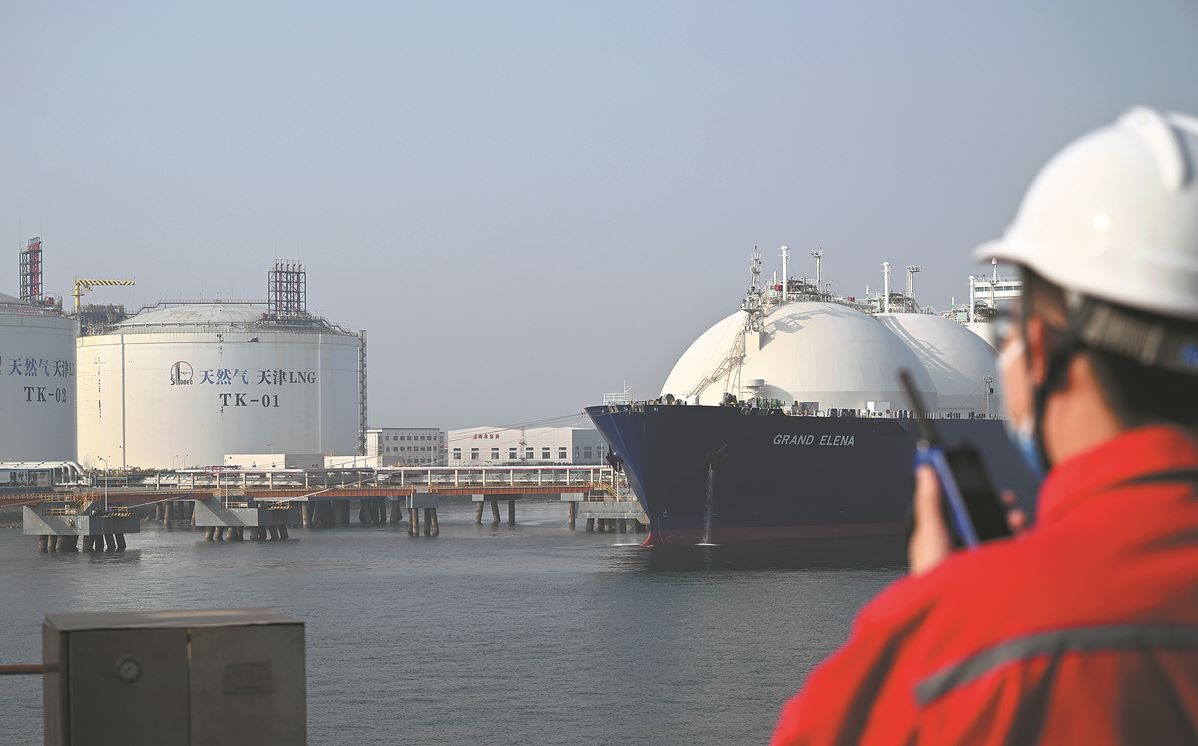
For crude oil, China is expected to reach the peak of demand by 2027. Therefore, the lesions will be inclined to the US when the supply chains takes time to adjust.
Other measures are more deterrent than causing actual damage. Google has no significant business activities in China. One of the two American companies was put on the blacklist that was investigated before. China's restrictive export of metal exports is not new, while the US has begun to adjust the supply chain last year.
In the context of difficulties, Beijing does not want to spark a comprehensive trade war with the United States. As expert Tianlei Huang from the Peterson Institute said: "The external demand is very important to China's growth, especially when domestic demand is weak. In 2024, net exports contributed 30% to growth growth. GDP, while the previous year was a burden. When responding commensurate ".
Although China proved to restrain, the administration of President Donald Trump seemed not to be interested in negotiating. Trade adviser Peter Navarro once announced that President Trump would talk to Chinese President Xi Jinping, but so far that call has not happened.
When the two sides actually dialogue, finding a common voice will be a significant challenge.


